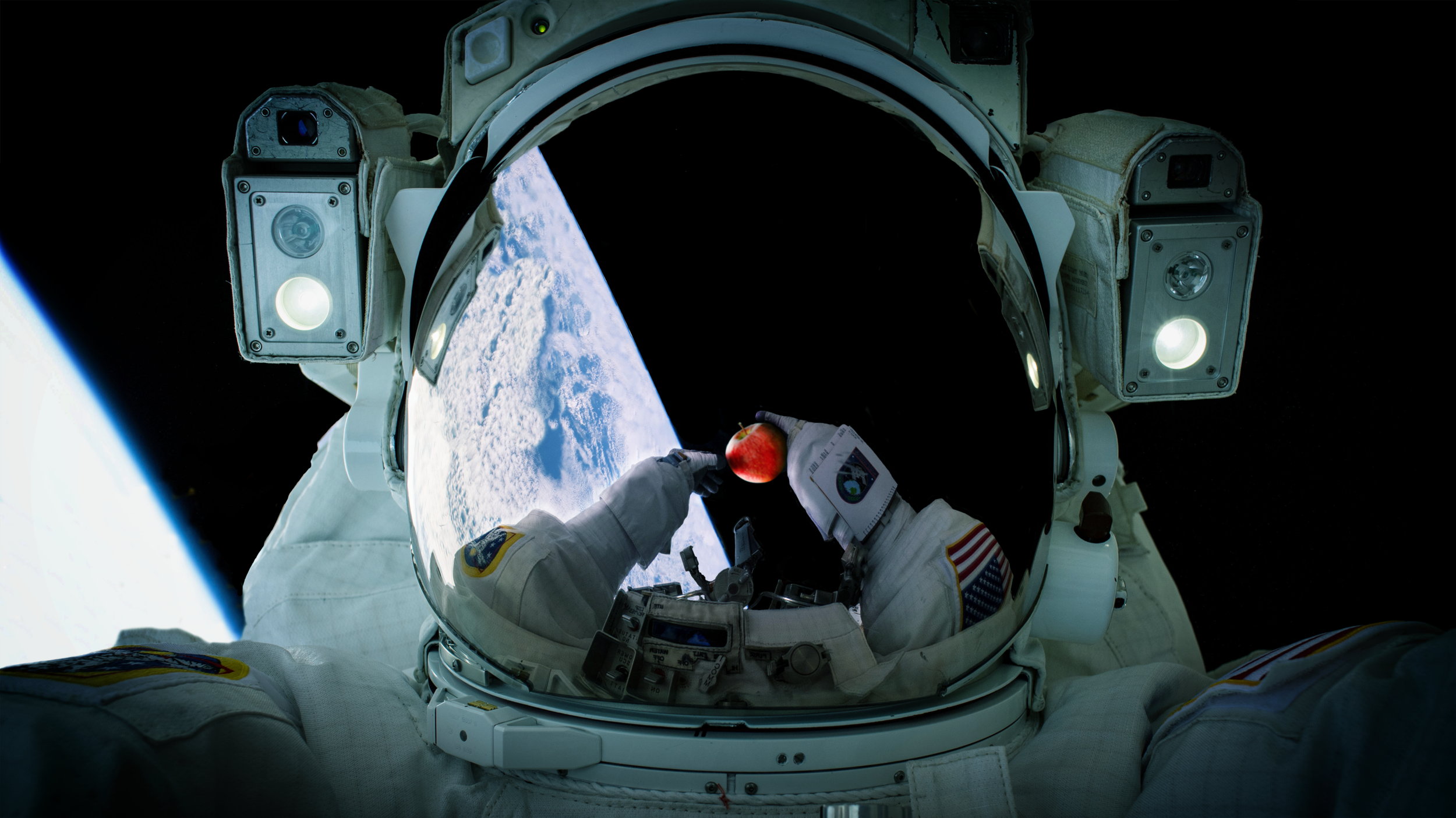
Congratulations to our Phase 1 US & International Winners!
NASA has awarded 18 US Teams $25,000 each and formally recognize the top 10 scoring International Teams.
All winners are invited to participate in the Phase 2 competition, and both new teams and Phase 1 Participants may apply during the Phase 2 open registration period.
Visit Impact Canada to learn about the Canadian Phase 1 winners.
Meet the Phase 1 US Winning Teams.
US Winners will receive $25,000 from NASA and are invited to participate in Phase 2 competition. New teams and Phase 1 Participants may apply during Phase 2 open registration period.
Astra Gastronomy
San Francisco, California
Manufactured Foods. Growing, dehydrating and forming nutritious, fast growing microalgae into crunchy bite-sized snacks mixed with nuts and other ingredients will be a welcome change from traditional snacks found in space and on planet Earth.
Beehex
Columbus, Ohio
Manufactured Foods. A Universal Food Fabricator (UFF) that can dehydrate plants and cultured meats into powder form foods, store them into hermetically sealed cartridges to elongate shelf life (5+ years) and fabricate food using stored food in cartridges when needed.
BigRedBites
Ithaca, New York
Manufactured Foods. A symbiotic system of cyanobacteria, yeast, mushrooms, and plants, with a processing unit to yield fresh and nutritious produce to meet 15% of daily caloric requirements. Innovations like 3D printed artificial soil and symbiotic co-dependence enable maximum utilization of each subsystem’s waste and minimal external inputs.
Bistromathic
Austin, Texas
Manufactured Foods. Bistromathic is an automatic food production machine that ensures astronauts enjoy an Earth-like experience of eating during long space missions. It produces food with rich textures and appropriate moisture in different shapes and forms. Bistromathic is a robust and reliable food production technology that aims to provide nourishment for space exploration missions.
Cosmic Eats
Cary, North Carolina
Manufactured Foods. The COSMIC EATS solution consists of plant, fungal and algal food production modules combined into one multi-modular system.
Deep Space Entomoculture
Somerville, Massachusetts
Bio Culture. The production method involves a self-contained device designed to generate foods from insect cells. Dry-preserved insect cells will be transported into space, re-activated in a suspension bioreactor with simple ingredients, and used to produce muscle and fat biomass that emulates traditional meat products.
Far Out Foods
Saint Paul, Minnesota
Plant Growth. The Exo-Garden is a nearly closed-loop self-contained food production system, which is capable of producing a variety of fresh mushrooms and hydroponic vegetables.
Hefvin
Bethesda, Maryland
Bio Culture. Hefvin grows fruit cells in nutrient rich media and uses spherification to encapsulate different cell types into an edible berry structure with skins and pulp. The technique produces berries rich in flavor, color and aroma.
Interstellar Lab
Los Angeles, California
Plant Growth. NUCLEUS is a modular bioregenerative system that produces fresh microgreens, vegetables, mushrooms, and insects to provide micronutrients for long-term space missions. It combines several autonomous phytotrons to create a self-sustaining food production system that minimizes water, air, and nutrient inputs.
Kernel Deltech
Cape Canaveral, Florida
Plant Growth. The Kernel Food Production System is an autonomous device that produces an inactivated fungal biomass from well-defined starting materials. It achieves biomass production by using a continuous cultivation technique adaptable to low-gravitational conditions where the culture variables are tightly controlled to maximize biomass yield and product safety.
Mission: Space Food
Mountain View, California
Bio Culture. The project builds upon the proven and reliable pre-packaged food system but also leveraging the exciting new prospects of food production in space. The project will cultivate meat from pluripotent stem cells using cell cryopreservation and bioreactor. This method would allow crew to produce meat with almost x1,000 less inputs compared to pasture-based cattle farming. The system can be adapted to grow other meats such as pork or lamb, further expanding the choice of food proposed.
Nolux
Riverside, California
Plant Growth. An artificial photosynthetic system that is capable of producing plant- and fungal-based foods independent of biological photosynthesis.
Project MIDGE
La Crescenta-Montrose, California
Plant Growth. The Modular Inflatable Dynamic Growth Environment is a new approach to growing food in challenging circumstances and is designed to deploy anywhere and grow just about anything.
RADICLE-X
Brooklyn, New York
Plant Growth. RADICLE X employs passive and smart modular growing system, produces nutritious and variable fresh food for deep space missions. The lightweight system is deployable in multiple habitats and greenhouse configurations, is built upon a patented Hybrid Hydrotechnology which delivers maximum yields from minimal amounts of water, energy and astronauts’ time.
SIRONA NOMs
Golden, Colorado
Manufactured Foods. Sustainable Integration of Regenerative Outer-Space Nature and Agriculture Novel Organic Meals (SIRONA NOMs) is a small-scale bioregenerative system that grows a variety of fruits, vegetables, herbs, and fish with minimal inputs and waste products.
Space Bread
Hawthorne, Florida
Manufactured Foods. Space bread is a food system that allows astronauts to make bread in space. A multifunctional plastic bag allows crew members to store, combine, and bake all the ingredients in the bag to create a ready to eat yeast risen roll.
Space Lab Cafe
Boulder, Colorado
Plant Growth. Space Lab® Café is a compact vertical farm that continuously produces a variety of nutritious produce with minimal water, power, waste or processing time. It operates with or without gravity, in a Lunar, Martian or spacecraft habitat, while providing farm-to-table solutions for Earth’s urban centers or remote, harsh environments.
µBites
Carbondale, Illinois
Manufactured Food. A microbial-based next-generation food production system called μBites, which will utilize plastic and biomass waste as the carbon source for food generation.
Meet the Phase 1 International Winning Teams.
The 10 top scoring International Teams receive official recognition awards from NASA and are invited to participate in Phase 2 competition. New teams and Phase 1 Participants may apply during Phase 2 open registration period.
ALSEC Alimentos Secos SAS
Antioquia, Colombia
Manufactured Foods. ALSEC proposes a food production system that includes the incorporation of four exponential technologies: microencapsulation, nanotechnology, artificial intelligence and 3D print for the formulation and development of natural, organic and highly nutritious powdered foods.
AMBAR
Bucaramanga, Colombia
Plant Growth. Agro-Migra is a multipurpose growing cabinet with different compartments that functions as an ecosystem, where both aquatic and terrestrial plants coexist generating food ready for consumption. Focuses on producing quality food, where the main objective is to achieve the well-being and satisfaction of the consumer.
Electric Cow
Germany
Manufactured Foods. Converts CO2 and waste streams straight into food, with the help of a food grade micro-organisms and 3D printing.
Enigma of the Cosmos
Brunswick, Australia
Plant Growth. Leafy & Microgreen Food production system with an adaptive growing platform using telescopic grow channel system to support plants natural growth cycle, increasing efficiency of the growing space by adjusting the grow area according to the plants needs and in return increasing the efficiency by a minimum of 40%.
JPWORKS SRL
Milan, Italy
Plant Growth. Chloe NanoClima® is the innovative technology for growing nanoplants and microgreens in single, contamination-proof and autonomous ecosystems optimizing resources and work time providing the safest, quickest and most nutritious vegetable superfood.
KEETA
Bangkok, Thailand
Bio Culture. A 3D printed food system that utilizes output from an interdependence micro ecosystem to create varieties of nutrient rich food. The ecosystem is composed of producers, insects, and decomposers. The insects will be high in protein, vitamins and minerals, while also providing a wide variety of flavors.
LTCOP
Piracicaba, Brazil
Plant Growth. Produces fresh food (vegetables and fruits — strawberry and taioba) on Mars conditions and in transit. The vertical panels can be used to produce fresh food under artificial light and operational constraints. In this system, we can control plant nutrition with fertigation and fruit carotenoids levels adding terpene to the process. The tissue culture laboratory is included in the system to supply and maintain the germplasm bank.
Natufia x Edama
Thuwal, Saudi Arabia
Plant Growth. A closed-loop, indoor farming technology, consisting of a hydroponics system, composting solution, and macroalgae farming, all integrated seamlessly into a larger automated system.
Solar Foods
Lappeenranta, Finland
Manufactured Food. Single-cell protein production by means of gas fermentation.
Team π
Ghaziabad, India
Plant Growth. A retractable life-support system engineered for Earth and Space which is designed to encompass a unique approach of plant farming along with advanced plant processing unit with a self-sustaining environment aiming to reduce the ecological footprint and thus making a positive impact.
